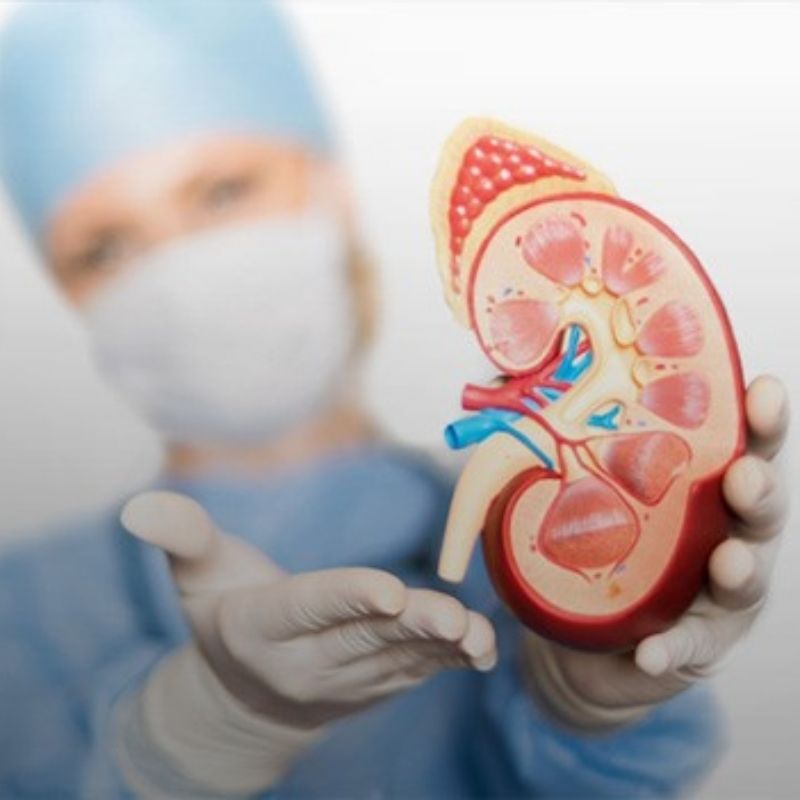B.Sc Dialysis Technology
B.Sc in Dialysis Technology prepares students with the essential knowledge and skills for managing dialysis procedures, patient care, and the operation of dialysis equipment.

The B.Sc in Dialysis Technology is a specialized undergraduate program that focuses on the study and application of dialysis in the treatment of patients with kidney disorders. This three-year course equips students with a solid foundation in renal anatomy and physiology, dialysis techniques, patient management, and the operation of advanced dialysis equipment. With a mix of theoretical knowledge and practical training, students gain the expertise necessary to provide high-quality care in clinical settings. Graduates will be well-prepared to work alongside healthcare professionals in hospitals and dialysis centers.
Key Highlights of the Program:
The curriculum for the B.Sc in Dialysis Technology is divided into six semesters, encompassing a range of subjects that provide both theoretical knowledge and practical skills.
Core Subjects:
Laboratory and Practical Sessions:
Elective Subjects:
To enroll in the B.Sc in Dialysis Technology program, candidates must meet the following requirements:
Attention to detail and ability to work in high-pressure environments.